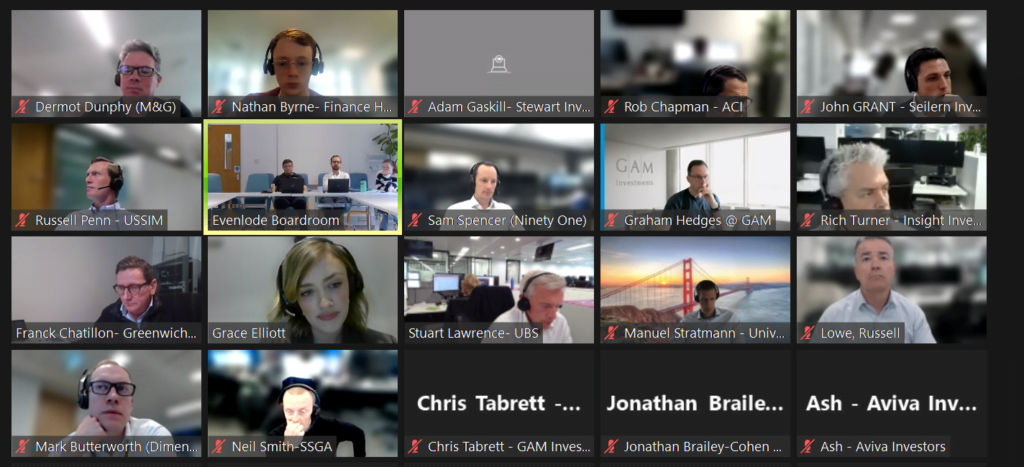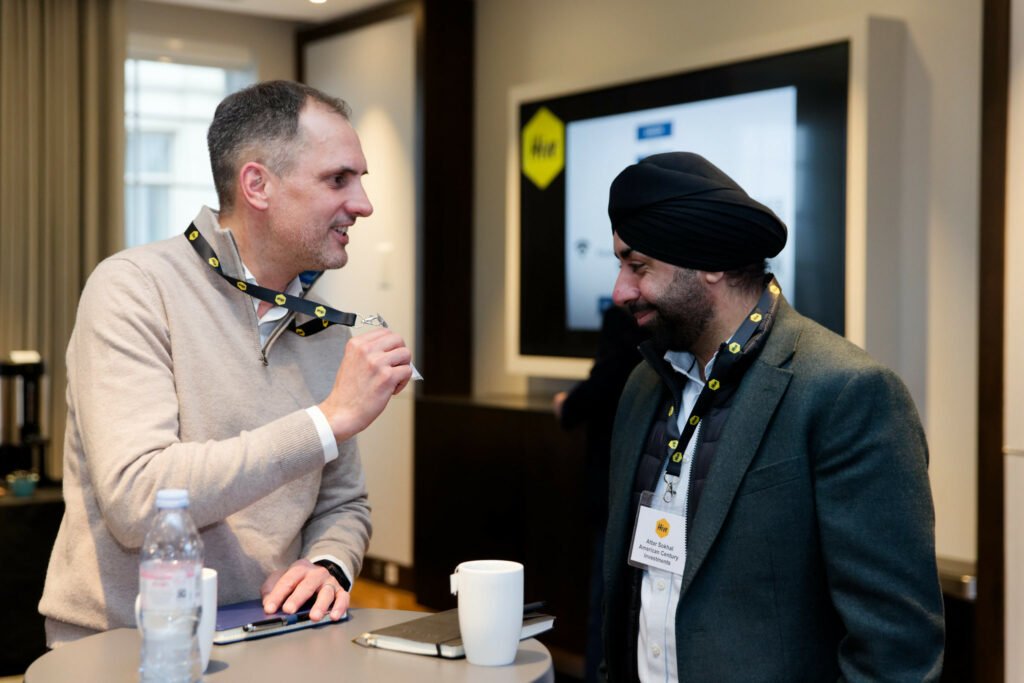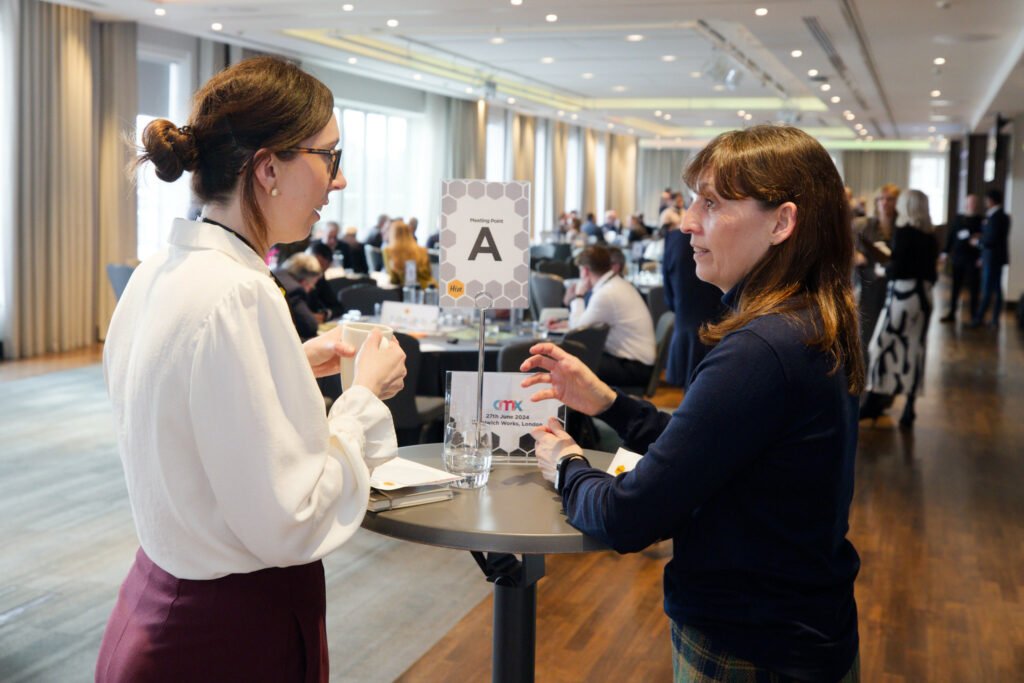The Finance Hive: Digital Café, 21st May
Last month, our European Equities members came together on Zoom for a Digital Café on regulatory impact—from benchmarking commission rates and rebundling to consolidated tape and the argument for shortened liquidity hours.
This blog has been put together to capture all of the insights shared during the discussion. Read on to discover the impact of regulation in 2024 so far and how this will likely shape the desk in the years to come…



Benchmarking Commission Rates
For members relying on peer group datasets, data transparency is impairing their ability to benchmark commission rates against counterparties. The ‘right’ rate largely depends on individual requirements, but accurate data remains crucial. For instance, firms that specialise in algos or EM will likely demand more resource, meaning higher rates in turn. “We speak to our counterparties specifically to find out what their average commission rates are per market, but we really don’t have much else to go on, and the issue has been complicated by the move towards rebundling in the UK.”
In a bid to improve data transparency, one member shared how they use an annual survey to gather comprehensive insights into global rates. This involves 100 buy side participants and is broken down by asset management size to aid accuracy. It also caters to blended rates, splitting results into three service levels: high-touch, algo and program trading rate. “We get the survey to compare our rates with the general rate for each country, and as long as we’re within a basis point, we stick with that kind of rate. It’s done once a year to make sure we’re in line with our peers. In some markets where we’re less busy, we may pay a higher rate there just to get the service when required.”
This turned the discussion to geographical regions of interest, with some members voicing suspicion that costs are being kept artificially high in the Middle East. Despite this, the Middle East remains a key area of focus for members. “I think the Middle East is probably the most opaque market in terms of costs, but has the greatest room for negotiation or a new entrant to come in.”
Rebundling
Research costs have moved to P&L so that asset managers are responsible for expenditure, which has been met with an initial reduction in costs, but members are keen to increase investment into research going forward. Some members have reported pools being too small, with analysts failing to cover sectors, namely in the small- and mid-cap space. “We’ve probably all reduced our research commission or pools since it started becoming P&L, as opposed to out of the funds themselves.”
There is growing concern that US-based PMs are going to buy up all of the available research due to having more resource, combined with a fear of missing out on ideas or opportunities. Therefore, members are keen to bring everything together. “If you’ve got a big global asset manager who pays for research, say in the states or in Asia, but doesn’t pay for it in Europe through commissions, do you then make the change and say actually, no, we’re just going to do it because it makes it easier on us. It takes maybe a few layers of meetings and teams, then we just bring it all in one house.”


The Push for Consolidated Tape
Members feel that intra-trade and post-trade data can offer more valuable insights than pre-trade data. Post-trade consolidated tape in particular can help members to benchmark liquidity, but the usefulness of consolidated tape heavily depends on the liquidity desks have access to. For example, if this contains delta one swaps (CFD), some asset managers will struggle to address this.
Regardless, members agree that pushing for consolidated tape in line with what the US is consolidating will bring down European trading costs and later, settlement costs. “Countries have different clearing houses for political reasons, but for cost and competition, that’s probably the biggest barrier that needs to be looked at next—once consolidated tape is in place. We should be pushing for that to bring down trading costs.”
Shortened Liquidity Hours
In the UK, participants on the liquidity side can be reluctant to get involved with the first hour or trading, restricting liquidity access for the buy side. Therefore, some members would prefer to focus their attention on tasks beyond trading for an extra hour each morning and afternoon, such as the increased use of TCA.
Members emphasised that UK trading hours are long compared to other geographical regions, but that reducing these hours in line with the rest of the world could improve access to liquidity. “I think it could potentially enhance liquidity. As I said, I’ll still work the same hours, just my day may be a bit more productive overall.”
The exception to this is UK firms trading in Asia, where early-morning trading is a necessity due to differing time zones. For UK firms that predominantly trade in the US, however, there can be a long wait for the US market to open. That said, members recognise the importance of having some overlap with trading hours. “There is obviously a lot of flow coming across the Atlantic. I do agree that we still need a couple of hours to overlap with the US.”
We’ll be diving into the world of Equities at our upcoming Capital Markets Exchange (CMX), honing in on automation, algo enhancements, data and TCA, liquidity, market structure, and more! Have your say on the 27th of June by registering your interest below…



Join Us at CMX!
CMX has been designed to fundamentally disrupt the traditional capital markets event landscape, providing a platform that caters to the modern needs of the front office trading community.
Bringing together the full trading value chain across Equites, Fixed Income and FX for the first time, CMX will combine hard-hitting and inspirational, main stage content with asset class-specific streams and unique social experiences in a safe, curated environment…



